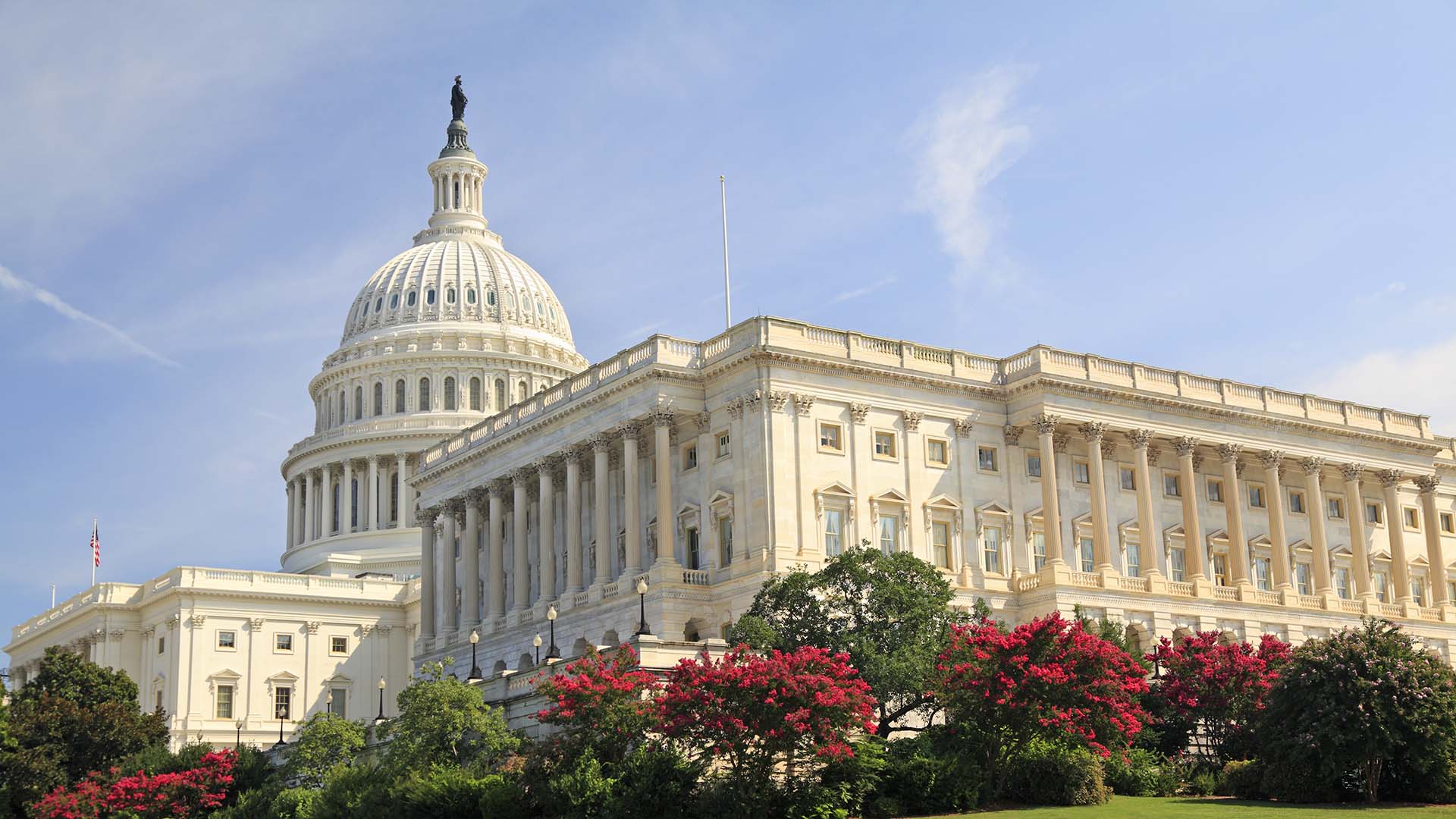In Groff v. DeJoy, the United States Supreme Court addressed the burden employers must bear when responding to an employee's request for a religious accommodation, overturning its prior interpretation of Title VII's "undue hardship" language. Groff v. DeJoy, No. 22-174, 600 U.S. ____, 2023 WL 4239256 (U.S. June 29, 2023).
Specifically, the Court unanimously held that showing a religious accommodation causes "more than a de minimis cost" on an employer's business no longer suffices as justification not to provide the requested accommodation. However, the Court specifically reserved the context-specific application of this standard for the lower courts. Thus, the practical effect of this decision remains unclear.
Title VII of the Civil Rights Act of 1964 prohibits discrimination because of religion, including "all aspects of religious observance and practice, as well as belief." Title VII of the Civil Rights Act of 1964, 42 U.S.C. § 2000e(j). Employers must provide accommodations to employees for their religious observance, unless the employer demonstrates that it cannot "reasonabl[y] accommodate [] an employee's or prospective employee's religious observance or practice without undue hardship on the conduct of the employer's business." Id. (emphasis added).
After the Court's 1977 decision in Hardison v. Trans World Airlines, and based on Equal Employment Opportunity Commission guidance interpreting Title VII and Hardison, courts routinely found that an accommodation caused an undue hardship when it posed more than a de minimis cost to the business. Hardison v. Trans World Airlines, 432 U.S. 63 (1977); Groff v. DeJoy, No. 22-174, 600 U.S. ____, (Slip op. at *13). In Groff, the Supreme Court concluded that this test misapplied the holding of Hardison. In its place, the Court articulated a heighted standard and held that "an employer must show that the burden of granting an accommodation would result in substantial increased costs in relation to the conduct of its particular business." Id. (Slip Op. at *19) (emphasis added).
In its decision, the Court declined to adopt interpretations of caselaw from the American with Disabilities Act as the new standard, and it also refused to ratify the post-Hardison interpretations of Title VII as correct. Id. (Slip Op. at *18-19). And while the Court left open the possibility that "much of the EEOC's [accommodation] guidance" would be "unaffected," it did not expressly approve that approach either. Id. Accordingly, employers seeking to comply with Title VII have little precedent upon which to rely to guarantee compliance with Title VII.
Notwithstanding its lack of clarity, employers may glean some guidance from the Court's decision. First, bona fide seniority systems remain a viable, non-discriminatory method of managing employees, including their requests, under Title VII. Id. (Slip Op. at *12). Second, employers cannot consider the impacts of a religious accommodation on the employee's coworkers unless those impacts also affect the conduct of the business. Id. (Slip Op. at *19). The "mere fact of an accommodation" or a coworker's animus towards a religious practice are insufficient to pose an undue hardship. Id. (Slip Op. at *20). However, Justice Sotomayor's concurrence points out that the "conduct of the business" includes management of an organization's employees.
Finally, the opinion makes clear that employers must accommodate the practice of religion as a whole, rather than just specific accommodation requests, by considering alternative options for the proposed accommodation. Id. (Slip Op. at *20). Justice Alito's majority opinion reiterates that Title VII requires that religious practices be treated with more than mere neutrality, requiring they receive "favored treatment." Id. (Slip Op. at *9 n.9). This is a critical distinction for employers to remember.
Going forward, employers should review their existing religious accommodation practices and revise them as necessary to ensure compliance with Title VII's non-discrimination mandate as articulated in Groff. Employers should focus on establishing a clear protocol for evaluating religious accommodation requests and be prepared to clearly articulate the ways in which any challenged request would result in "substantial increased costs in relation to the conduct of [the employer's] particular business." This may include: the impact that such an accommodation would have on the other employees; a demonstration that the accommodation resulted from an interactive dialogue; whether the accommodation would undermine a bona fide seniority system or if no alternative options may accommodate the employee's religious belief or practice except that which poses a substantial increased costs.





